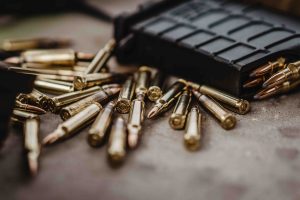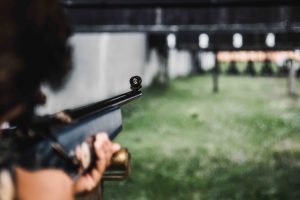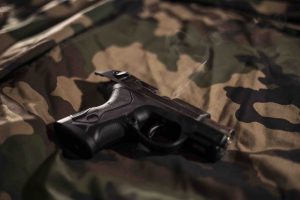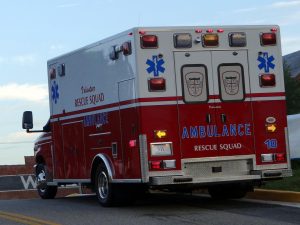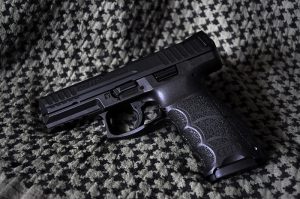A Chicago man is facing five charges in Racine County after leading police on a high-speed chase. He is charged with reckless endangerment, grand theft of an automobile, unlawful possession of a firearm, and felony counts of attempting to elude police officers.
According to police, a deputy observed a white Infinity Sedan speeding on the I-94. The deputy began to pursue the vehicle, and road spikes were used to deflate the suspect’s tires. The vehicle began to lose one of its tires as it attempted to exit the highway. The suspect crashed the vehicle outside of a business and then began to flee on foot. The chase lasted for 16.7 miles reaching a top speed of 135 mph.
Deputies apprehended the suspect and searched the vehicle finding a handgun with an extended magazine on the floor of the passenger side of the vehicle. According to the complaint, there was one bullet in the chamber and another 18 in the magazine. The suspect did not have a valid concealed carry permit.
 Chicago Criminal Lawyer Blog
Chicago Criminal Lawyer Blog


